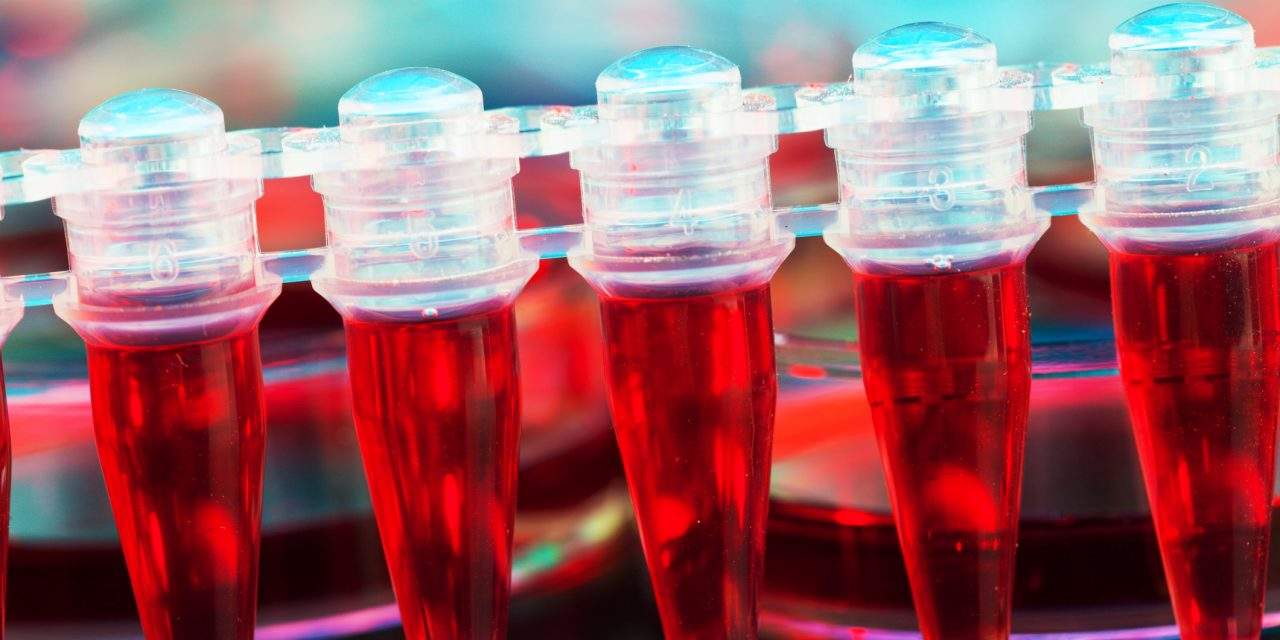Adult growth hormone deficiency
Adult growth hormone deficiency can have a number of causes. What are they, how can you test for AGHD, and how can you treat it?
Advancing age is associated with a marked decrease in growth hormone, or somatotrophin, concentrations and secretions, but no study has yet proved that growth hormone therapy is beneficial and safe for otherwise healthy elderly patients. The normal biological decrease in growth hormone secretion that arises with aging (the so-called ‘somatopause’) is not clinically recognized for growth hormone treatment.
Those who show evidence of disease affecting the hypothalamic-pituitary region of the brain, and in whom there is intention to treat with growth hormone, usually undertake an adult growth hormone deficiency test.
Adult growth hormone deficiency can arise from numerous causes such as genetic defects, congenital malformations, brain injury, subarachnoid hemorrhage, Cushing’s disease, inflammatory and vascular diseases and others. AGHD can also arise because of acromegaly, and after neurosurgery and radiotherapy.
Adults with growth hormone deficiency tend to have increased fat mass and a relative decreased muscle mass and, in many instances, decreased quality of life.
They may also experience lethargy, disturbed sleep, memory loss, mood changes, and brittle skin, nails and hair. Although most of these symptoms can arise with many conditions, in the appropriate clinical setting, they may point to growth hormone deficiency.
Adult growth hormone deficiency can be grouped into three categories:
- Those with prior childhood growth hormone deficiency (GHD)
- Those who acquire GHD secondary to structural lesions or trauma
- Those with idiopathic (unknown causes) GHD
Childhood GHD is generally further divided into those with organic causes and those with unknown causes.
Appropriate testing for growth hormone deficiency allows doctors to distinguish between those who have true and severe GHD and those with confounding factors, such as aging or obesity, that are able to lower growth hormone concentrations.
Adult growth hormone deficiency test
An AGHD test is frequently a combination of tests used to detect whether there is an adult growth hormone deficiency (Yuen et al., 2009). These tests include:
- The insulin tolerance test (during which insulin is injected into a vein).
- A combined GHRH (growth hormone-releasing hormone) and arginine test, where arginine is administered for 30 minutes and GHRH for one minute, followed by drawing five blood samples.
- Glucagon test, which is the simplest of the three, consisting only of collecting blood. This test is common for individuals where the insulin tolerance test is unsuitable.
The insulin tolerance test is still the ‘gold standard’ or reference test, although it may carry an increased risk in those with seizure disorders or cardiovascular disease. Even healthy adults must constantly monitor this test, but it is quite safe in experienced hands.
For the insulin and glucagon tests, the threshold value defining severe GH deficiency is 3 micrograms per liter (μg/L), whereas a partial deficiency is between 3 and 5 μg/L.
For the GHRH and arginine test, the GH threshold depends on body mass index (BMI). The threshold is less than 11 μg/L in those with a normal BMI (< 25), less than 8 μg/L in those who are considered overweight (BMI between 25 and 30) or less than 4 μg/L in those who are considered obese (BMI more than 30).
There are other types of tests, including the growth hormone stimulation test (GHST), which measures the ability of the pituitary to produce growth hormone. This test has now fallen into disuse due to questions about its validity. Doctors may also request blood counts and other hormone tests, such as for testosterone or estrogen.
Treating adult growth hormone deficiency
If testing confirms there is a growth hormone deficiency, then your doctor may prescribe you growth hormone. There are a number of guidelines for treatment, and doctors will use their clinical judgment to assess the risks and benefits of treatment and decide on the best regime.
Recombinant human growth hormone (rhGH) is the key GH treatment and many adults take rhGH once a day via subcutaneous injection.
References
- Alexopoulou O, Abs R, Maiter D. Treatment of adult growth hormone deficiency: who, why and how? A review. Acta clinica Belgica. 2010: 65: 13-22.
- Giustina A, Barkan A, Chanson P, Grossman A, Hoffman A, Ghigo E, Casanueva F, Colao A, Lamberts S, Sheppard M, Melmed S. Guidelines for the treatment of growth hormone excess and growth hormone deficiency in adults. Journal of endocrinological investigation. 2008: 31: 820-838.
- Molitch ME, Clemmons DR, Malozowski S, Merriam GR, Vance ML. Evaluation and Treatment of Adult Growth Hormone Deficiency: An Endocrine Society Clinical Practice Guideline. J Clin Endocr Metab. 2011: 96: 1587-1609.
- Tanaka T, Tachibana K, Shimatsu A, Katsumata N, Tsushima T, Hizuka N, Fujieda K, Yokoya S, Irie M. A nationwide attempt to standardize growth hormone assays. Horm Res. 2005: 64: 6-11.
- Thorner MO. Statement by the Growth Hormone Research Society on the GH/IGF-I axis in extending health span. The journals of gerontology Series A, Biological sciences and medical sciences. 2009: 64: 1039-1044.
- Yuen KCJ, Biller BMK, Molitch ME, Cook DM. Is Lack of Recombinant Growth Hormone (GH)-Releasing Hormone in the United States a Setback or Time to Consider Glucagon Testing for Adult GH Deficiency? J Clin Endocr Metab. 2009: 94: 2702-2707.
- Adult Growth Hormone Deficiency Explained: http://www.hgfound.org/res_aghd.explained.html
Last reviewed 24/Feb/2017
Editor
Latest posts by Editor (see all)
- Oily fish and diabetes prevention - 04/06/20
- Manage the andropause - 11/12/17
- Testing testosterone levels - 07/12/17






